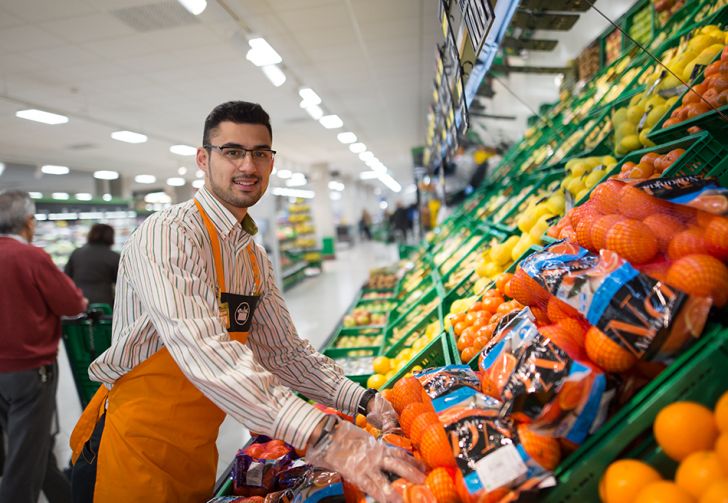According to the data Statista, in 2024 more than 57% of online shoppers in Germany stated that they are willing to pay more for goods with environmentally friendly packaging or certified origin.
♻️ 1. Avocadostore: a niche marketplace for sustainable brands
Avocadostore.de — is the German analogue of Amazon for environmental goods. The platform unites more than 700 sustainable brands, and each product is filtered according to at least one of 10 sustainability criteria (materials, fair trade, CO₂-neutrality, etc.).
- In 2023, the company's turnover grew by +22%
- The main audience: women 25—44 years, growing interest from men
- Emphasis on supply chain transparency, packaging reuse
📦 2. Zalando: “Do.more” and climate neutrality
Zalando, the giant of German online fashion, has been actively transforming the model for several years. In 2020, the company launched the initiative “Do.more”which implies:
- 100% climate-neutral operations(delivery, warehouses, offices)
- Start section Pre-Owned— already counts more than 1.5 million products
- until 2025: All our own brands are made of sustainable materials
- Over 25% of customers used the option to buy second-hand
Zalando expects that by 2026 up to 40% of saleswill fall on “green” or repeat purchases.

🚚 3. Everdrop: household chemicals in a new format
Everdrop— a startup from Munich that sells eco-friendly tablets for washing that need to be dissolved in water at home. This avoids the transportation of plastic bottles.
- In 2023, the company attracted 21 million euros of investment
- Already sold more than 4 million “smart” pills
- Actively uses subscription-model
- 95% of packaging — without plastic
Everdrop actively invests in consumer education: e-commerce not only sells, but also changes habits.
🛍️ 4. Tchibo: mix of sustainable product and offline online integration
Company Tchibo, known for coffee, developed e-commerce direction with a persistent focus:
- 100% coffee — from certified sustainable sources
- reuse of packaging in cooperation with REPACK
- “clothes that last” campaigns for their own clothing collections
In 2024, the company announced that more than 60% of online purchases pass through the filter of “resistant products”.
.jpg)
Why does it work in Germany?
- Strong environmental awareness: more than 70% of Germans declare the importance of a sustainable lifestyle
- Policy-level support: Green Deal, new packaging requirements
- High level of digital literacy: customers evaluate certification, transparency requirements
Conclusion
Sustainability in German e-commerce is not a trend, but new norm. Companies that do not integrate environmental solutions today run the risk of losing not only loyal customers, but also a place in the market.
💡 In the following articles: how UX and logistics change under the influence of sustainable customer expectations.
































